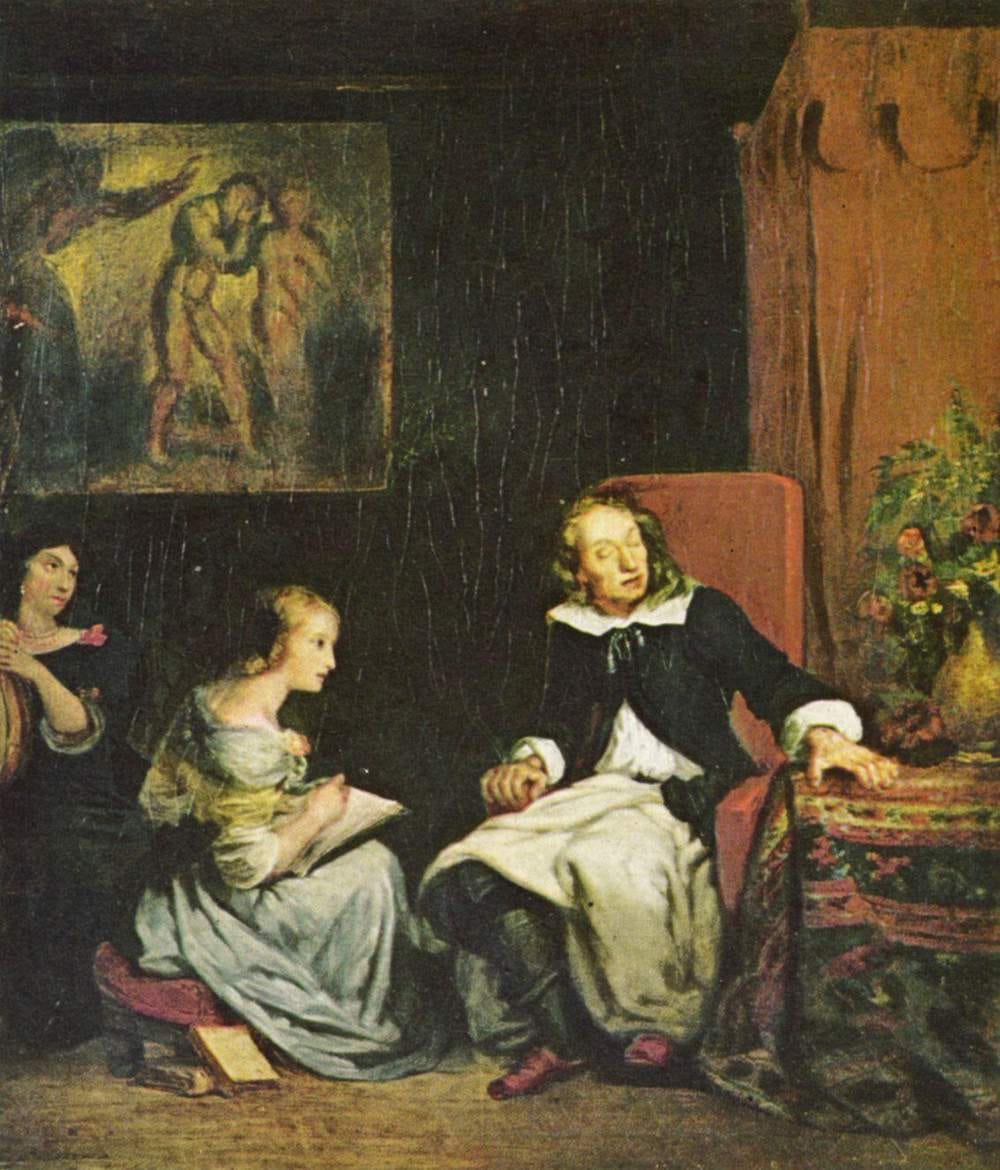Today’s Poem: Methought I Saw My Late Espoused Saint
Even at his most personal, Milton speaks of public things

Keep reading with a 7-day free trial
Subscribe to Poems Ancient and Modern to keep reading this post and get 7 days of free access to the full post archives.



